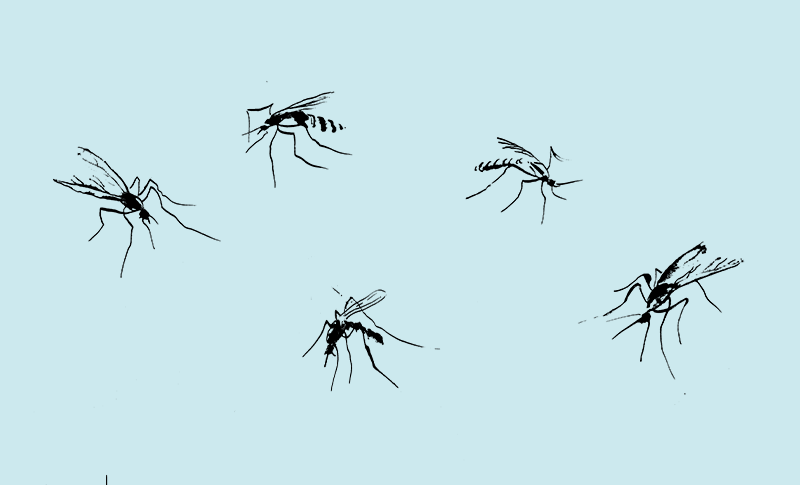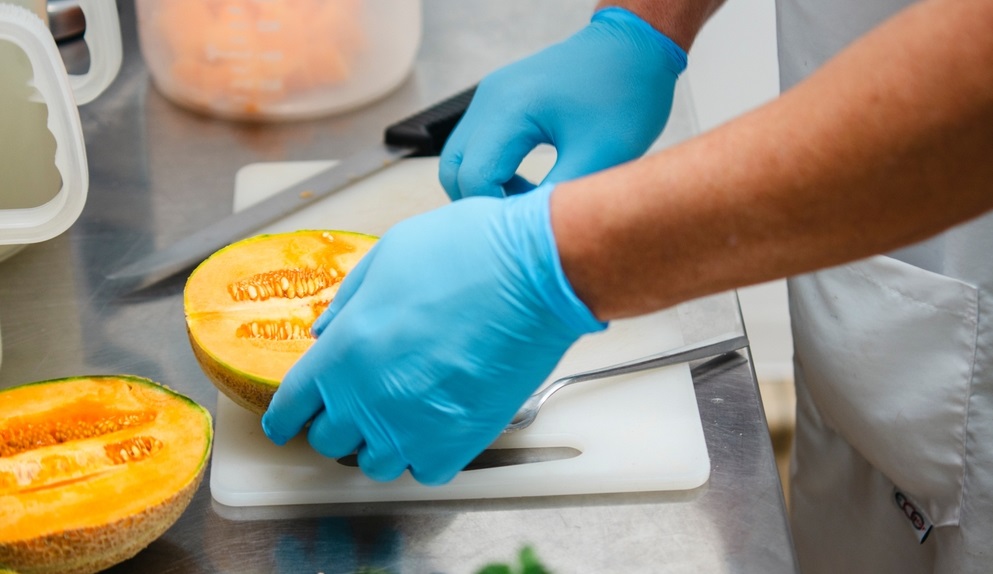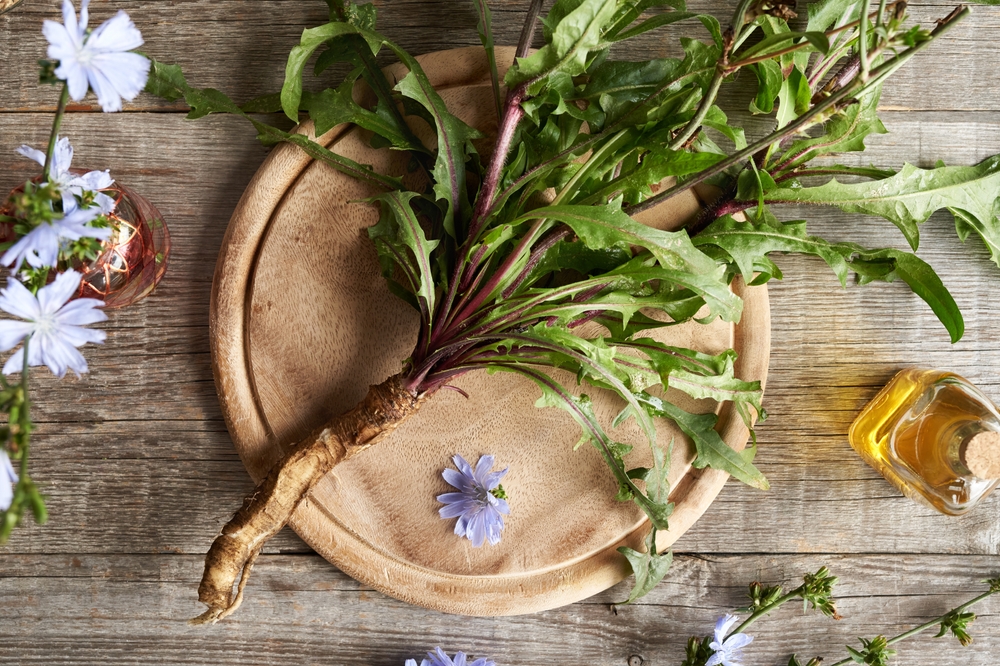Mosquitoes bite some people more than others, and that may have something to do with reproduction. That of the mosquito, to be clear.
Marieke de Swart is one of the favoured. Mosquitoes like her. So until 10 years ago, she was pretty scared of mosquitoes. ‘I used to have a strict door policy if someone wanted to come into my room in the evening. Light out, door open, come in quickly, close the door, light on. I even taped over the keyhole.’ Her strong aversion has since turned into a fascination for the ‘deadliest creature on earth’. De Swart: ‘Amazing that such a tiny creature has such a big impact.’
That some people get bitten more than others is no fable. ‘The 80/20 rule was recently confirmed by a study published in Nature,’ says De Swart.‘Eighty per cent of bites go to 20 per cent of the people. Why is that? What is the evolutionary advantage for the mosquito of an attractive host? The simplest assumption is that it’s got something to do with reproduction,’ says De Swart. ‘The blood of an attractive host means more eggs.’
Hungry
De Swart describes her study in her PhD thesis, The Smell of Success. She found 49 male students, PhD researchers and staff members who were prepared to get thoroughly bitten by Anopheles coluzzii, the mosquito that carries malaria. Women were not invited to participate because their hormonal swings could distort the results. The test subjects gave blood and placed their lower arms over a bucket containing 20 hungry female mosquitoes for 15 minutes. The session was repeated four times, at intervals of five weeks.
De Swart photographed every mosquito after the meal to measure how much blood had been consumed. In the weeks that followed she monitored how many eggs were laid. The production of eggs per test subject was compared to the production measured after a mosquito had fed on the donated blood of the test subjects. ‘To see whether the skin and the bacteria on it play a role in the process.’ The power of attraction of the smell of each test subject’s sweat was also measured in a wind tunnel full of mosquitoes.
Puzzling
Odour tests of this sort are tricky because creams and perfumes can distort the natural human smell. De Swart: ‘Two days before the test, the test subjects were only allowed to shower using neutral soap. One day before the test, they were asked not to shower at all and not to eat bananas, garlic, chili or citrus fruits. It is known that bananas increase people’s attractiveness for mosquitoes.’ Test subjects were offered 100 euros in compensation for their trouble.
And what did all this produce? Not the hard evidence De Swart was looking for. The number of eggs laid, a measure of successful reproduction, varied considerably between mosquitoes: from 60 to over 100. ‘But the difference just falls short of being statistically significant,’ she acknowledges. ‘And yet it does seem that there is a link. Maybe it’s because of the fairly small group of test subjects, which wasn’t representative either. I excluded women. And the test took place in the lab and not in the field. So many factors could be involved.’ De Swart did prove some other significant relations, though.
Eighty per cent of bites go to 20 per cent of people. Why?
For example, a more diverse community of skin bacteria is less attractive to mosquitoes. And the bacterial genus Sphingomonas correlates with more eggs. It is puzzling, on the other hand, that more Sphingomonas on the skin makes a test subject less attractive. But De Swart does have a possible explanation for that. ‘Sphingomonas includes several species of bacteria. It could be that one specific bacterium from that group produces more eggs, while another causes reduced attraction.’
Blood group
Besides the role of odour, De Swart also studied that of the composition of the blood. Does the blood group make any difference, for instance? De Swart: ‘No, according to a literature review I did. Some studies say that blood group B is attractive, while other studies mentioned blood group O or found no difference at all. I didn’t see any difference in my study either. Although, it should be said that my population of test subjects was not at all representative in terms of blood groups.’
However, the researcher did find striking differences in how the test subjects’ blood responded to exposure to pathogens. The blood of attractive hosts produced significantly more cytokines: signal substances produced by white blood cells as part of the body’s immune response. De Swart: ‘Especially IL-22 (interleukin-22), which is associated with a response to fungal infections. That suggests that attractiveness for mosquitoes could be linked with the immune response to fungi. Mosquitoes might choose hosts that react more strongly to fungi.’
De Swart also had a brief look at ethnicity as an explanatory factor in attractiveness. ‘I saw no difference, but most of the test subjects were European,’ she says. ‘Genetics will undoubtedly play a role, but I think that nurture – the culture and environment you grow up in – and diet are much more important. Eating bananas makes people more attractive to mosquitoes. And I think there are a lot more links of that sort with diet. Something similar might apply to the immune system. There are such big individual differences in how the immune system is “brought up”. I think that variation is much more important for explaining the differences in attractiveness to mosquitoes I think that’s much more important than something like ethnicity.

 Illustration Marly Hendricks
Illustration Marly Hendricks


